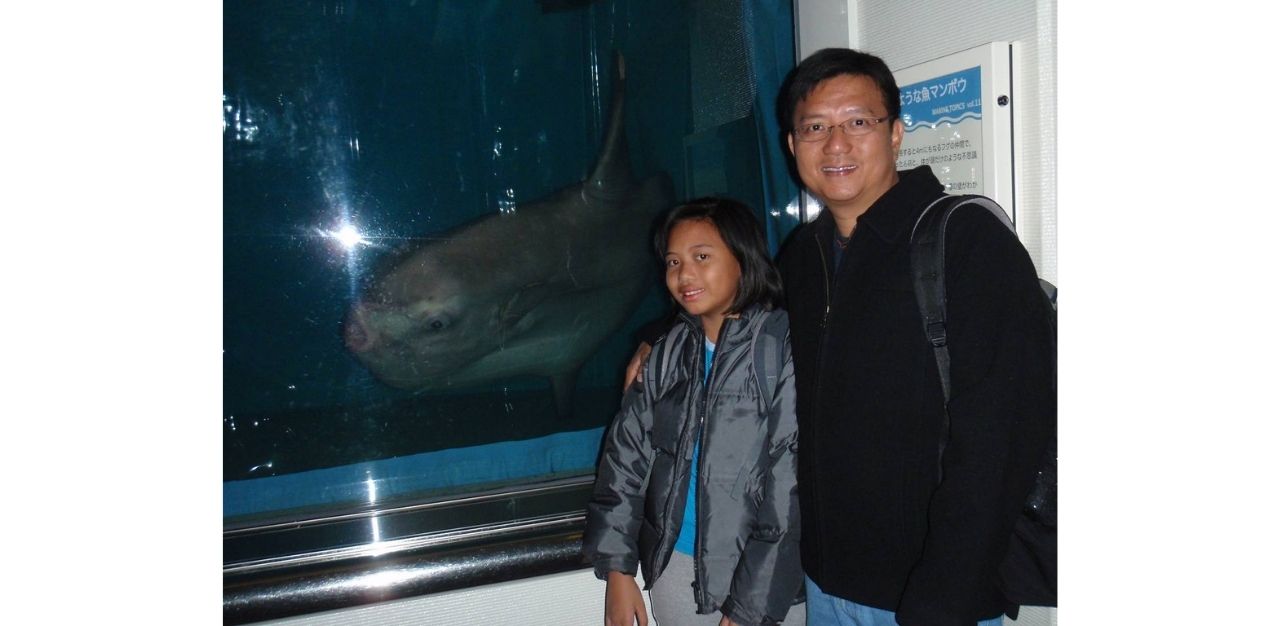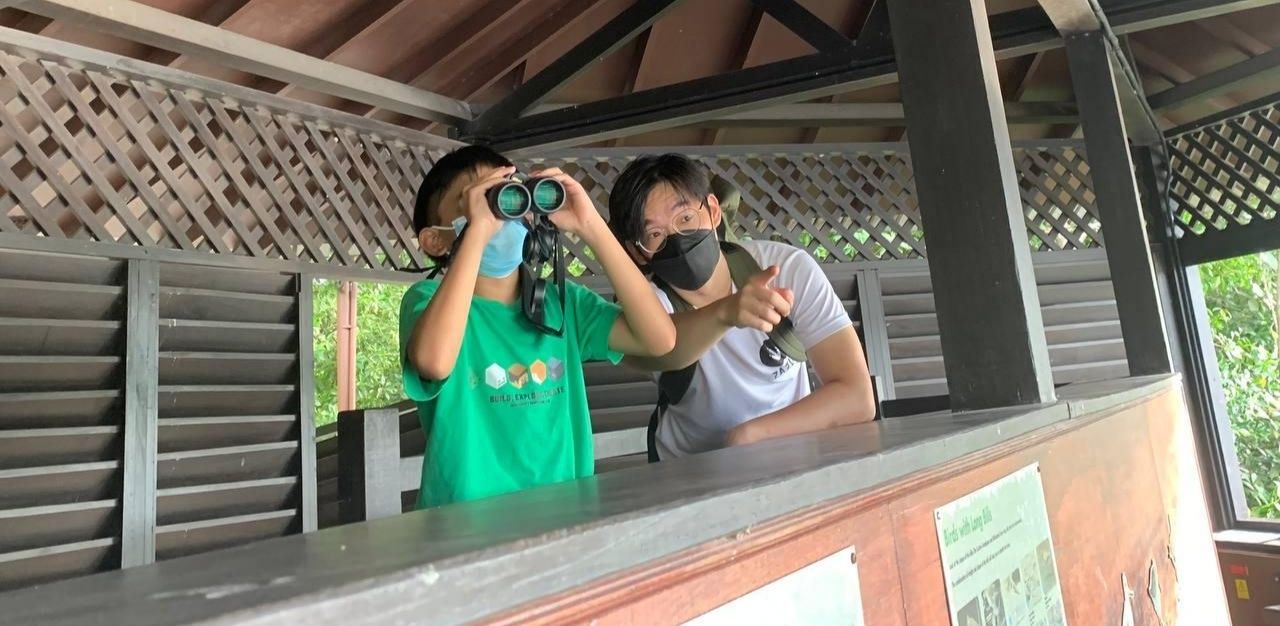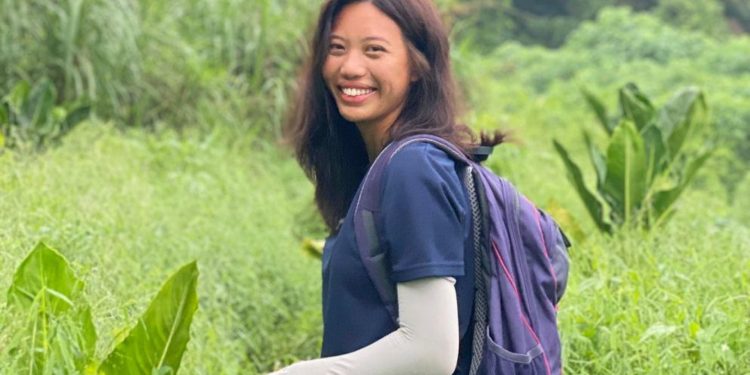For a long time, environmentalists worldwide have been pushing for environmental education to be integrated into the mainstream public school education system.
While there has been no shortage of outreach programmes conducted by organisations like the Jane Goodall Institute or Conservation International, there remains a pressing need to have mainstream environmental education in a highly accessible manner, especially for a generation of children who will inherit the most climate-uncertain future humankind has ever known.
In Singapore, Member of Parliament Louis Ng asked then Minister for Education Ong Ye Kung whether his Ministry would consider working with environmental groups to “create a standardised environmental package”.
But existing initiatives, while commendable, still fail to treat environmental literacy as a fundamental education pillar, just like traditional academic disciplines such as Mathematics or English.
The SG Green Plan, which charts the government’s key sustainability targets for 2030, has no concrete mention for increasing environmental awareness and outreach — which arguably remains the key crux of the matter for most, if not all, environmental issues.
Enter Ms Cassandra Yip, 22, founder of Singapore’s first-ever non-profit school for environmental education, Earth School Singapore.
Acting as a platform pulling together nature and sustainability groups islandwide, the third-year environmental studies undergraduate from the National University of Singapore believes in “tapping into [kids’] creativity and imagination about coming up with climate solutions”, and is driven by the prospect that a game-changing solution could be “locked up in a little mind out there”.
Just one year into conception, Ms Yip and her team have been awarded funding under the SG Eco Fund, and are kick-starting their pilot education programme with 10 primary schools.
Join TheHomeGround Asia in discovering Ms Yip’s origin story, what the curriculum will look like, and why she believes that education is at the heart of environmental protection.
TheHomeGround Asia (THG): Is there a particular environmental issue that you are passionate about?
Cassandra Yip (CY): I’m a big fan of marine life. And some part of me still wishes that I did marine biology. My parents are actually scuba diving instructors. My mum worked at the old Underwater World. It was while scuba diving that they met. I spent a lot of my childhood by the beach, so you can see that their love for the ocean has kind of rubbed off on me. I think the marine ecosystem has been a big part of my life growing up, and it still is. In a sense, it’s my second home, so I feel like there’s a need to protect it, given all the environmental degradation that we’re seeing today.
THG: So, why environmental education?
CY: Earth School is actually greatly inspired by my own childhood. I was motivated by wanting to give children that same kind of experience when they’re young, to shape environmentalists that way. I myself would have loved to have learnt more about the environment when I was in primary and secondary school. It would have probably started off my path as an environmentalist much younger. So that’s kind of what we strive to do — to create a whole new generation of passionate environmentalists, all trying to find nature-based solutions for the climate crisis that we are in.

Within the environmental community, I didn’t think we had a shortage of amazing environmentalists doing good work — I still don’t. But I thought environmental education was sorely lacking here — there is a gap in connecting the rest of the public to these environmentalists’ initiatives. It wouldn’t make sense to keep cleaning up beaches after people and trying to stop people from stealing fish out of Changi if we didn’t get them on board with the same ideologies and passion that we need to have to protect our environment. So I hope to drive change in conservation efforts from upstream, and meet environmentalists from downstream [and cross] somewhere in the middle.
THG: What’s the backstory behind Earth School Singapore?
CY: I always wanted to be a marine biologist, and I think it was very disappointing as a child that it never seemed to be an option. You know when you’re in primary school and they ask you in class, “what do you want to be when you grow up?” Everybody wanted to be something along the lines of a doctor, a teacher, or a nurse, and I just wanted to do something related to aquatic life. Back then, it didn’t seem like there were any avenues or opportunities to pursue that kind of career in Singapore no less, which has always been thought to be so diverse in opportunities.
I think one of the things I’m trying to achieve at Earth School is to tell children that there is an opportunity to pursue environmental-related dreams, or if not, at least get them thinking about how they can contribute to creating a more sustainable future.
THG: What age group are you targeting at?
CY: Starting out, we will work with primary and secondary schools, because we want to expose kids to environmental issues when they are young. We want to tap into their creativity and imagination about coming up with solutions.
And I hate to say this, but our generation and all previous generations have yet to produce any ‘Albert Einsteins’ who have changed the game for our climate crisis. So perhaps the answer is still locked up in a little mind out there. Of course, we’ll be happy to extend our environmental literacy programmes to as many sectors of our community as we can. After all, we’re going to have to be moving together as a society into the future.
THG: What does the curriculum at Earth School look like?
CY: We have three pillars here at the school. The first is to learn green, the second to experience nature, and the third to act and impact. Since we’ve only been around for a year or so, what we’ve been doing so far is more of the first two pillars. Moving forward, we want to push out more tangible initiatives like driving sustainability and greening our school infrastructure as part of the third pillar. This has been a bit harder given the Covid-19 regulations in schools especially.

THG: What can we look forward to from Earth School Singapore in the near future?
CY: In February, we’re very excited to be running Singapore’s first-ever nationwide environmental education programme. As a pilot programme, we’ve kept it to ten primary schools. We’ve named the programme S.H.I.E.L.D. — which stands for Student Heroes In Environmental Leadership Development — which is Marvel themed! We wanted to give kids the idea that they would be eco-Avengers, or little superheroes for the environment.
We start off with ten different virtual lessons on the ten different Sustainable Development Goals (SDG) that we target. Following this, each school will be paired with each SDG, in which the school will follow up with “Experience Nature” trips, and the “Act and Impact” portion of that. If you’re working on SDG 14 (Life Below Water), for example, you would probably go for an intertidal walk, and learn more about the marine biodiversity that we have there, and the kind of pollution and other factors that are threatening the ecosystem that we come to witness. That’s the kind of experiential learning we want to do; bringing education to life by letting the kids see it in person.
Following that, we will be running an “eco-innovation” programme of sorts for our third pillar, which is getting the kids to think critically about the problems surrounding environmental conservation and sustainability. This portion will be well supported by different mentors from the different environmental organisations that we’re working with.
From the yearlong pilot programme, Earth School aims to produce 50 young environmentalists who are championing their own projects in the community. Earth School really works on the ground, bringing in all sectors of societies and connecting children with living/existing champions in the field of environmentalism.
THG: What other long term plans do you have for Earth School in the future? Would we be able to look forward to a physical Earth School?
CY: We’re trying to get a mobile Earth School classroom. I imagine it to be a little caravan that functions as an extension of a school. Hopefully, the whole thing will run on solar energy. It would be completely zero waste, with composting and water recycling, things like that. Kids would be able to come and interact with nature, participate in upcycling workshops and the like. We could grow microgreens and start inviting biodiversity to come and visit. We are seeking additional funding to get that going!
Join the conversations on TheHomeGround Asia’s Facebook and Instagram, and get the latest updates via Telegram.














